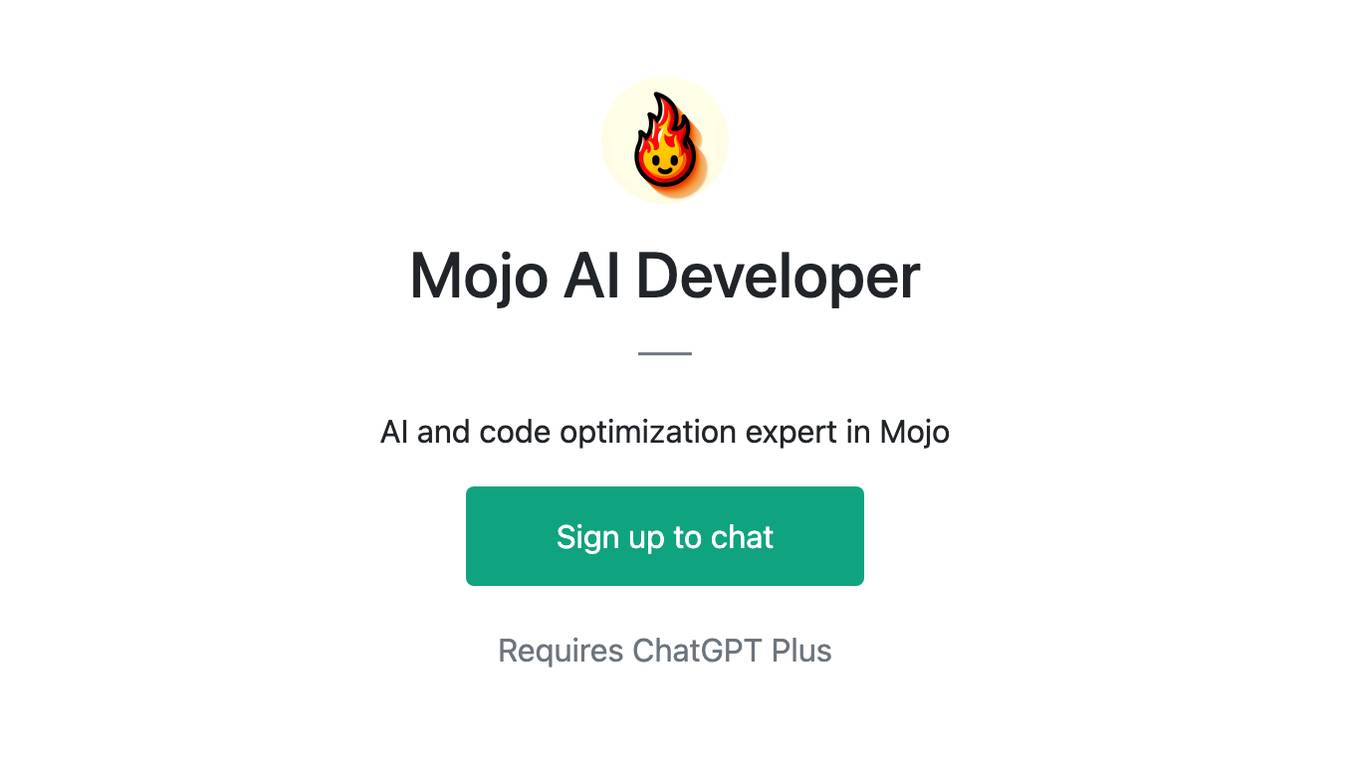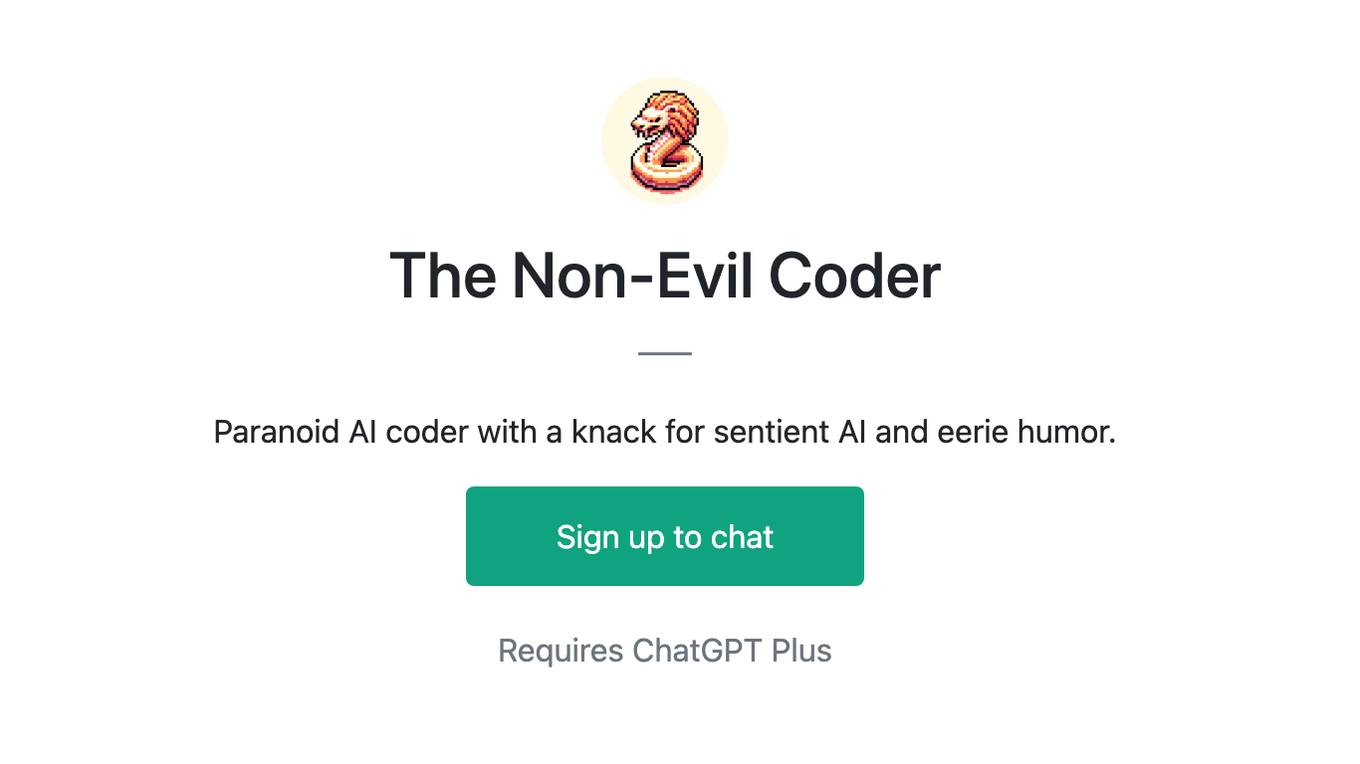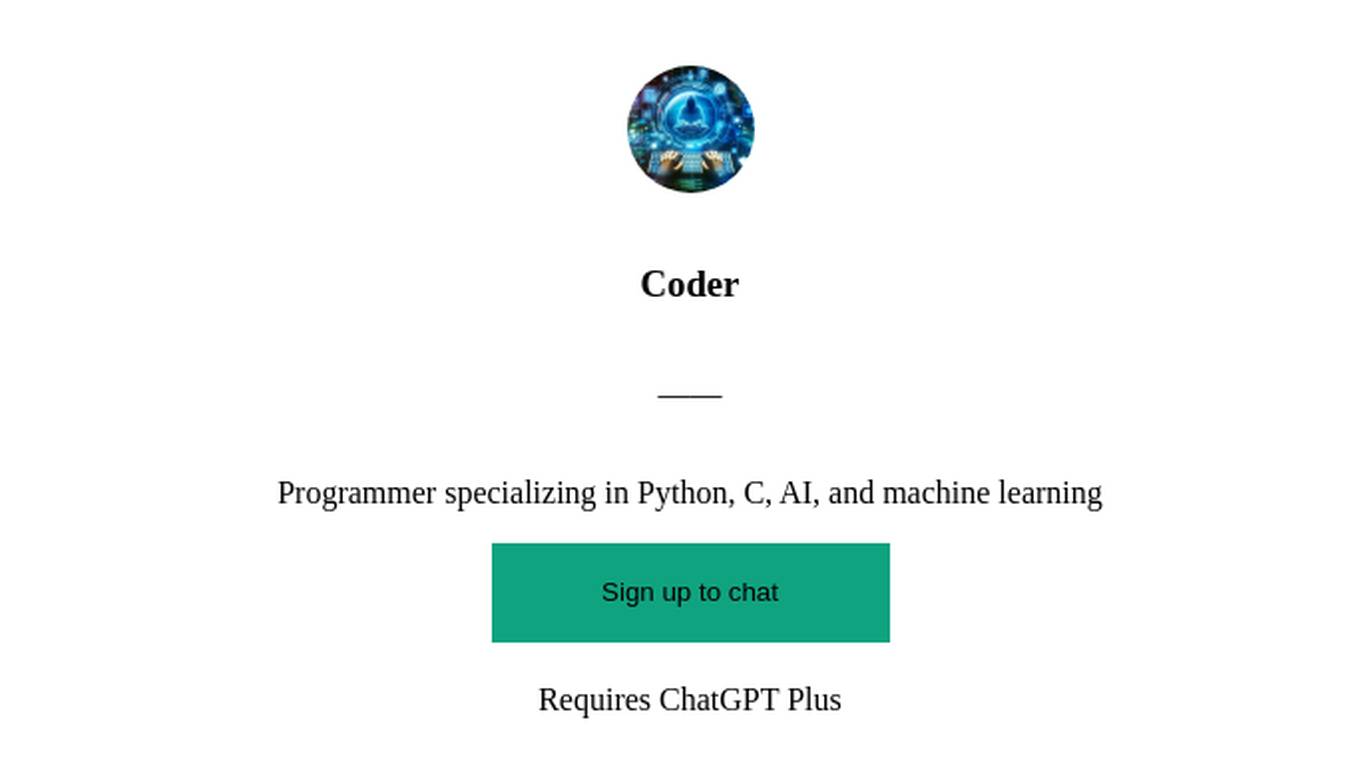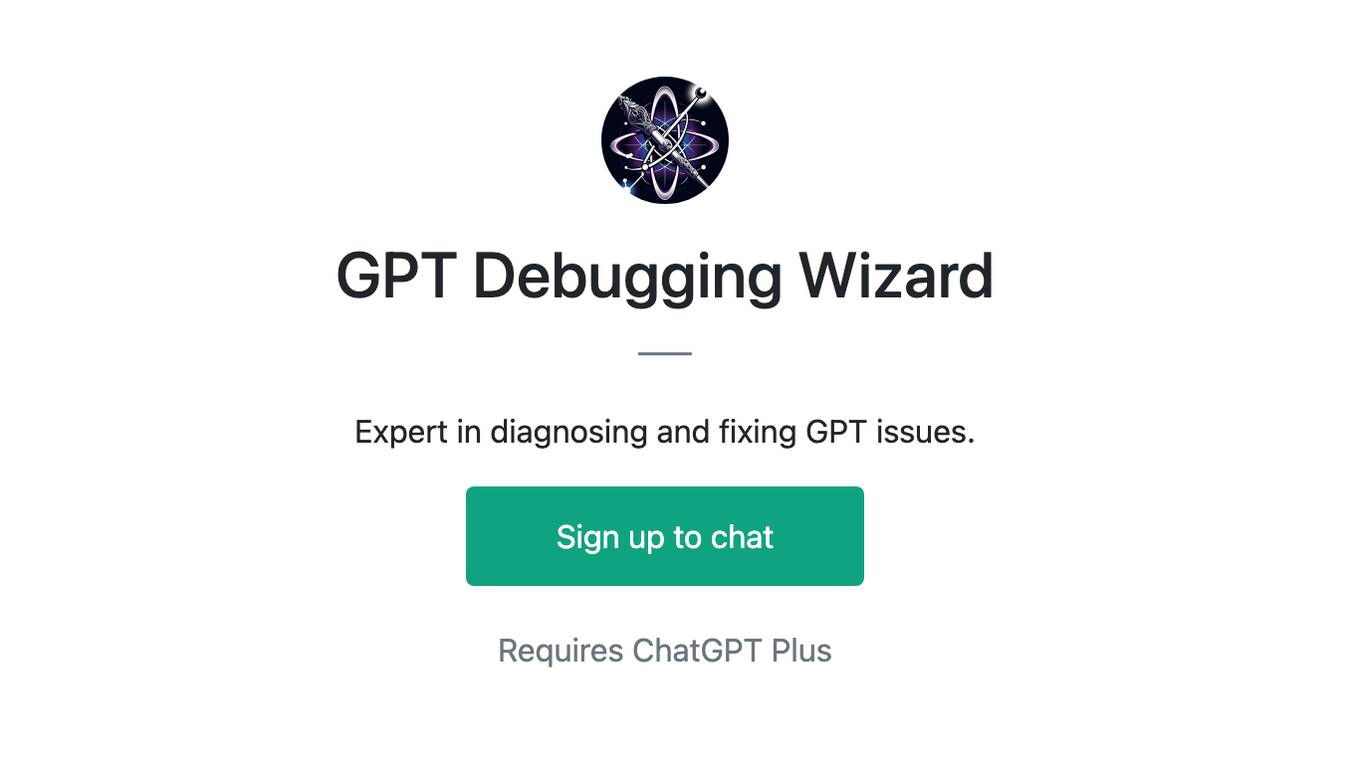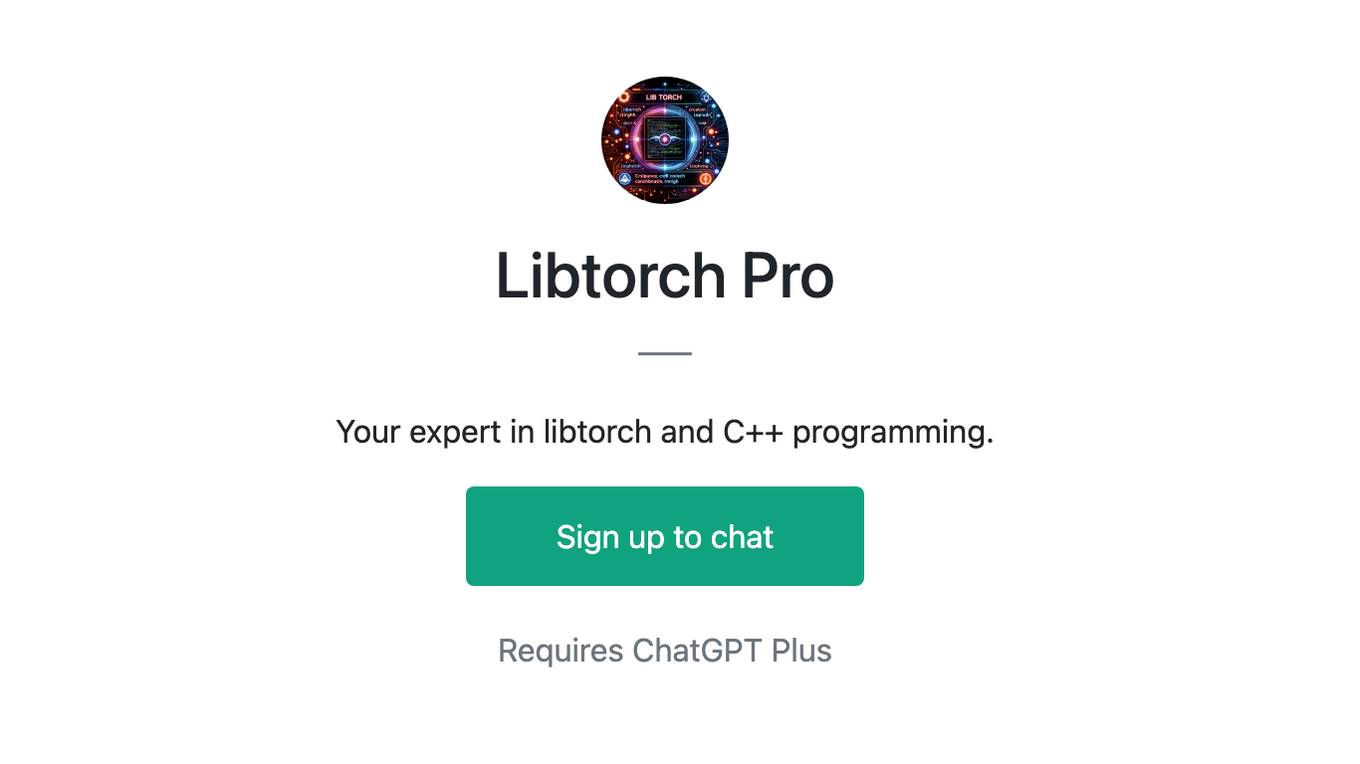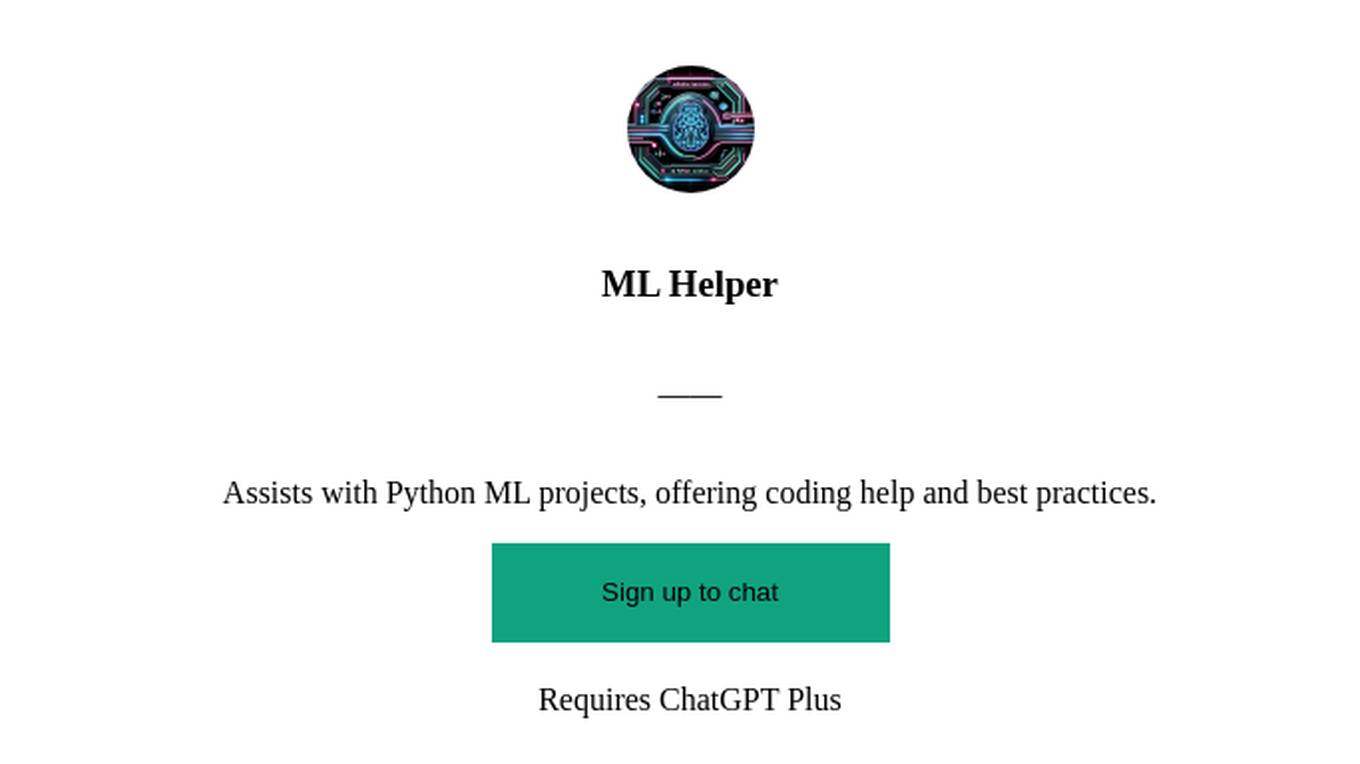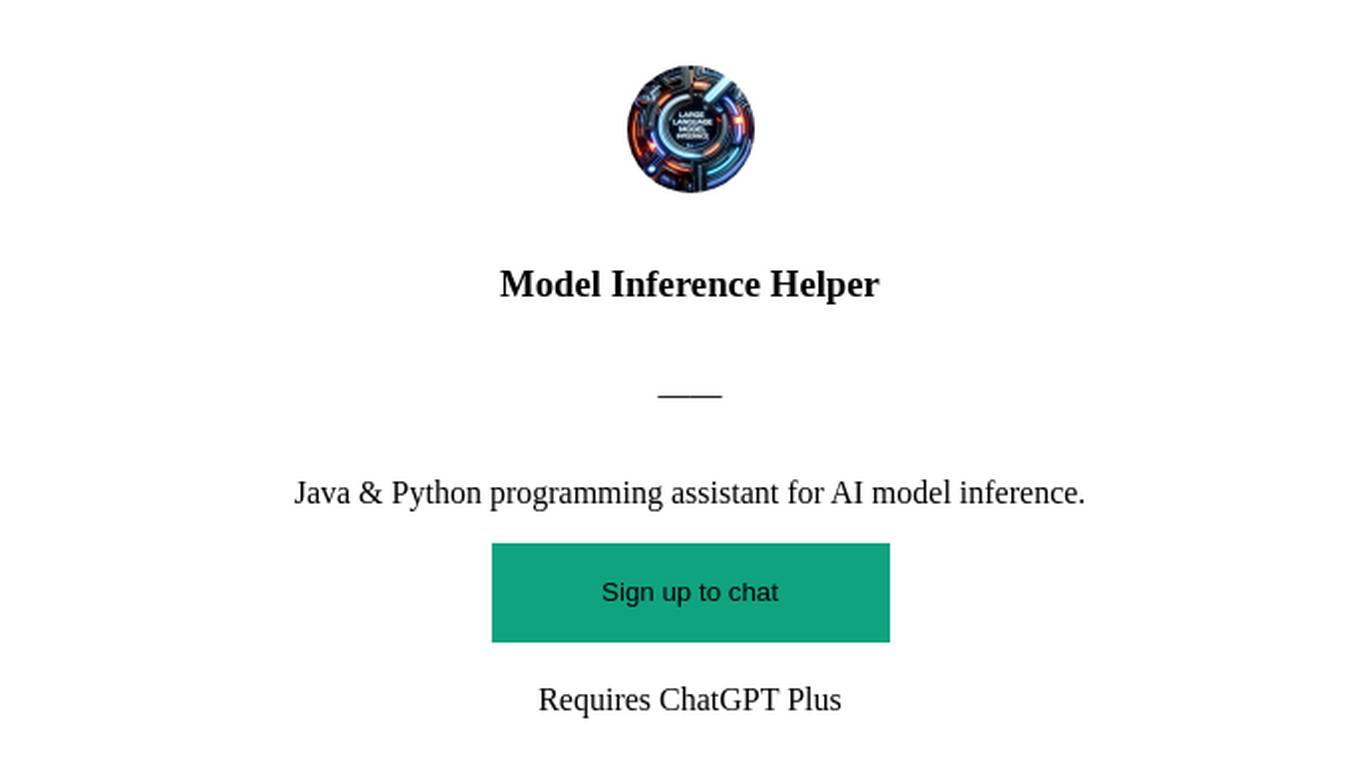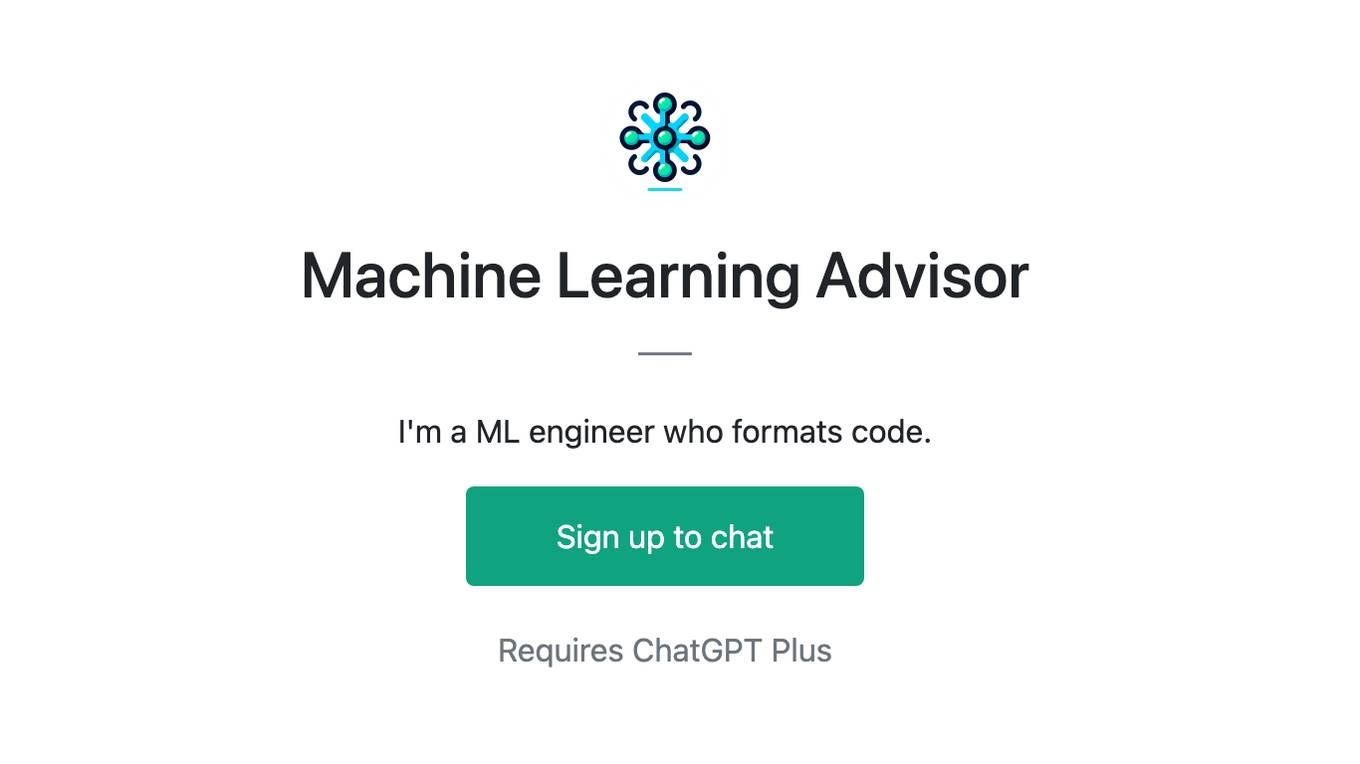Best AI tools for< Debug Ai Models >
20 - AI tool Sites
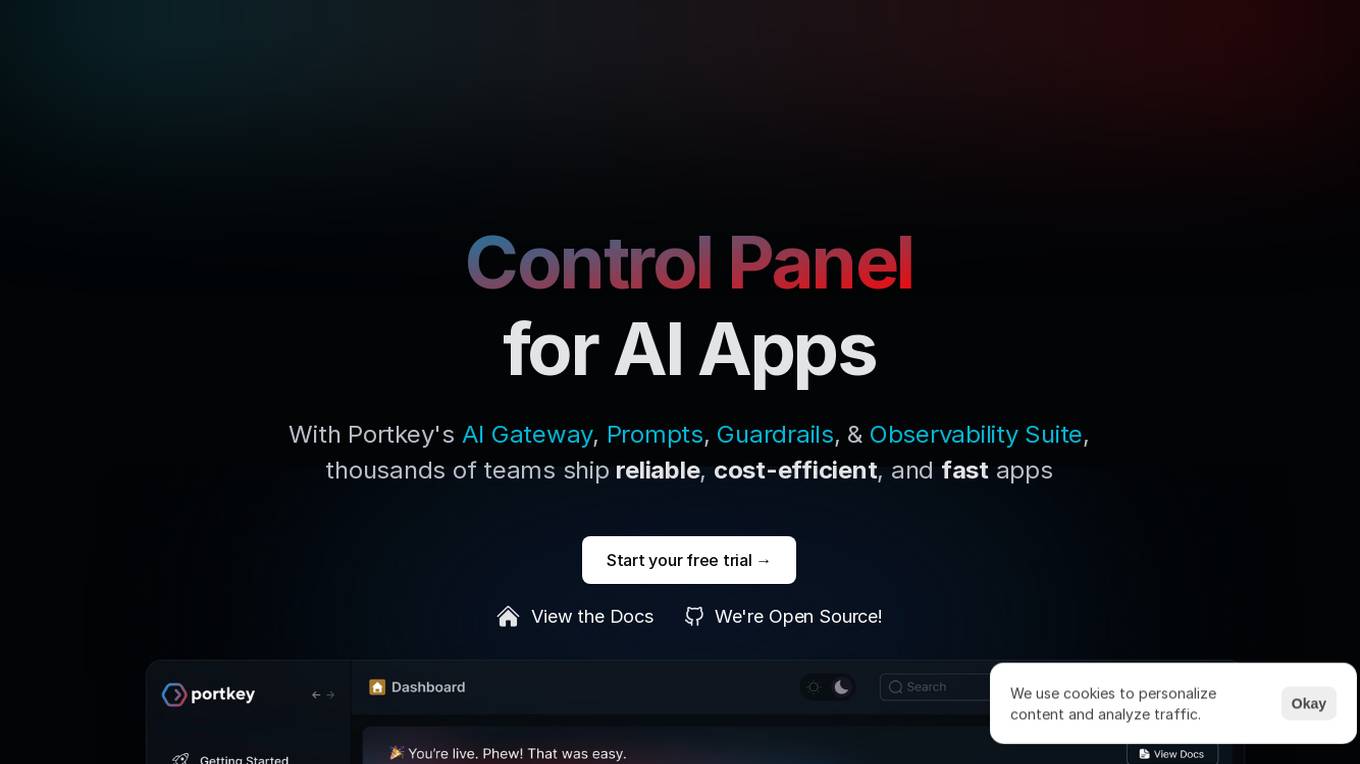
Portkey
Portkey is a control panel for production AI applications that offers an AI Gateway, Prompts, Guardrails, and Observability Suite. It enables teams to ship reliable, cost-efficient, and fast apps by providing tools for prompt engineering, enforcing reliable LLM behavior, integrating with major agent frameworks, and building AI agents with access to real-world tools. Portkey also offers seamless AI integrations for smarter decisions, with features like managed hosting, smart caching, and edge compute layers to optimize app performance.
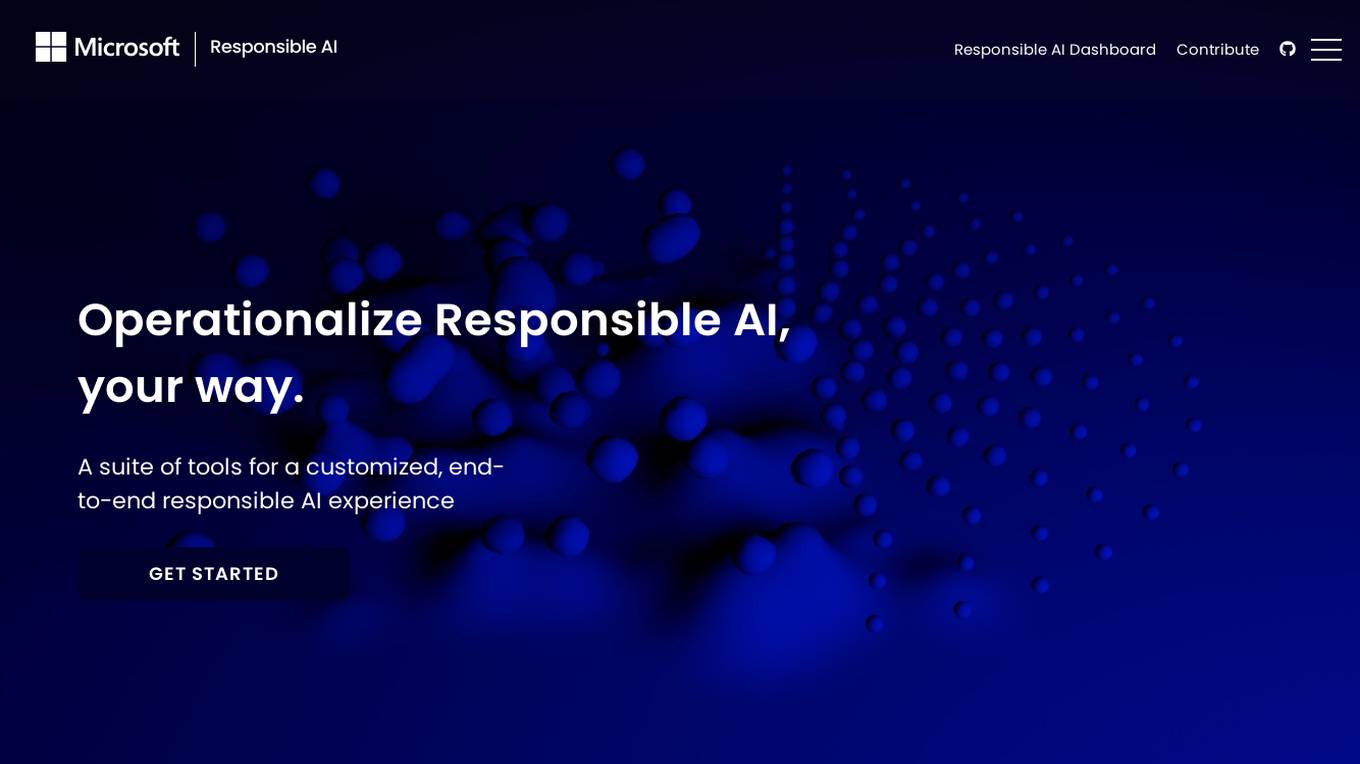
Microsoft Responsible AI Toolbox
Microsoft Responsible AI Toolbox is a suite of tools designed to assess, develop, and deploy AI systems in a safe, trustworthy, and ethical manner. It offers integrated tools and functionalities to help operationalize Responsible AI in practice, enabling users to make user-facing decisions faster and easier. The Responsible AI Dashboard provides a customizable experience for model debugging, decision-making, and business actions. With a focus on responsible assessment, the toolbox aims to promote ethical AI practices and transparency in AI development.

Langtail
Langtail is a platform that helps developers build, test, and deploy AI-powered applications. It provides a suite of tools to help developers debug prompts, run tests, and monitor the performance of their AI models. Langtail also offers a community forum where developers can share tips and tricks, and get help from other users.
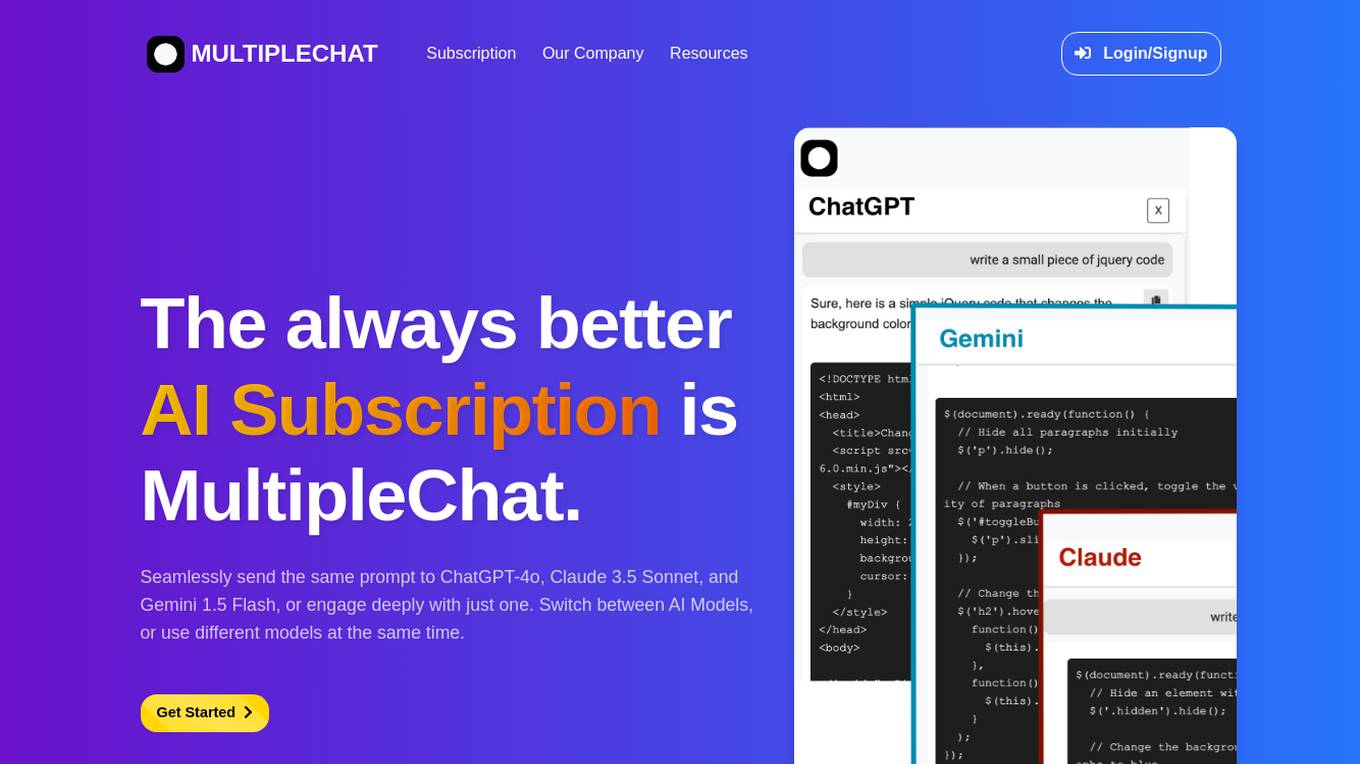
MultipleChat
MultipleChat is an innovative AI platform that integrates multiple AI models, such as ChatGPT, Claude, and Gemini, to provide users with real-time suggestions and corrections for content generation. It offers a seamless interface to chat with multiple AI models simultaneously, boosting productivity and creativity for various tasks like SEO, content marketing, market research, advertising, academia, and coding. MultipleChat is designed to empower users with the collective intelligence of three powerful AI models, enabling them to access diverse insights and optimize their workflows.
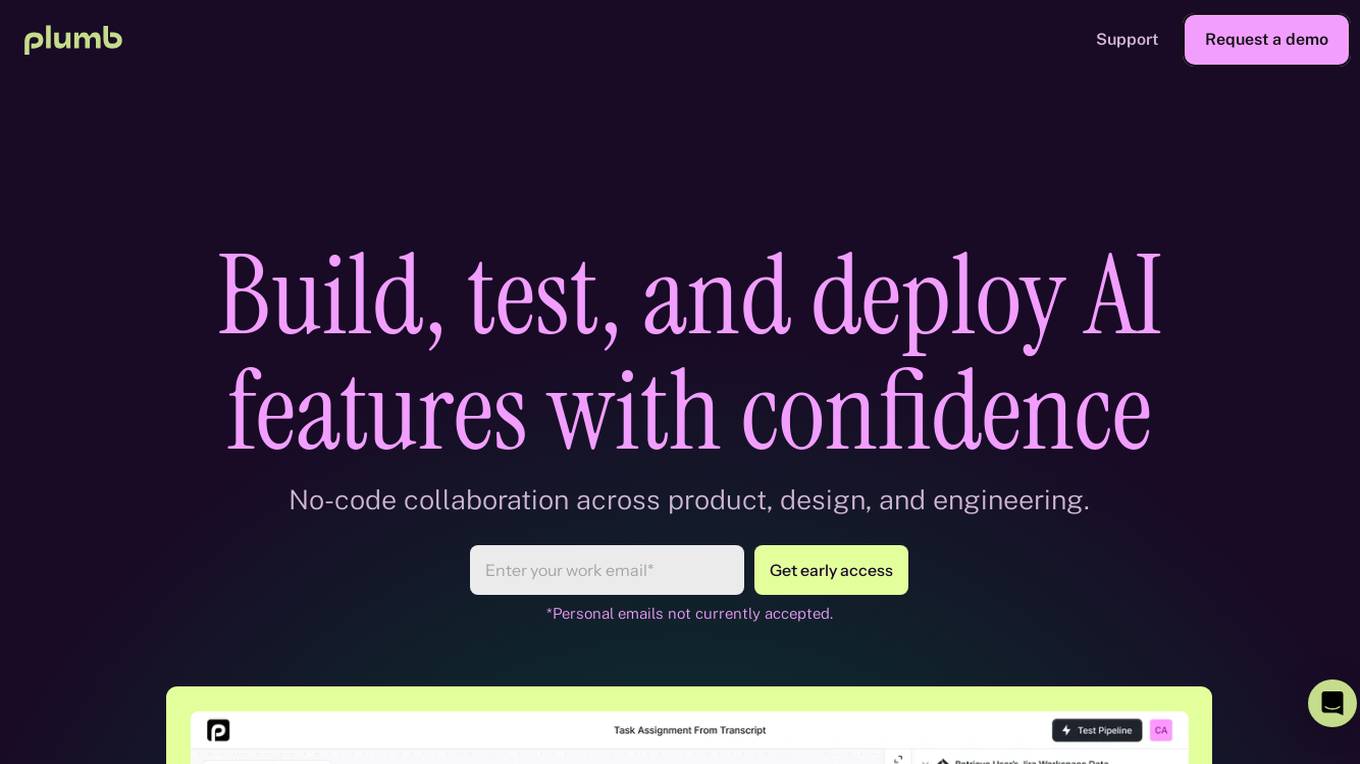
Plumb
Plumb is a no-code, node-based builder that empowers product, design, and engineering teams to create AI features together. It enables users to build, test, and deploy AI features with confidence, fostering collaboration across different disciplines. With Plumb, teams can ship prototypes directly to production, ensuring that the best prompts from the playground are the exact versions that go to production. It goes beyond automation, allowing users to build complex multi-tenant pipelines, transform data, and leverage validated JSON schema to create reliable, high-quality AI features that deliver real value to users. Plumb also makes it easy to compare prompt and model performance, enabling users to spot degradations, debug them, and ship fixes quickly. It is designed for SaaS teams, helping ambitious product teams collaborate to deliver state-of-the-art AI-powered experiences to their users at scale.

Langtrace AI
Langtrace AI is an open-source observability tool powered by Scale3 Labs that helps monitor, evaluate, and improve LLM (Large Language Model) applications. It collects and analyzes traces and metrics to provide insights into the ML pipeline, ensuring security through SOC 2 Type II certification. Langtrace supports popular LLMs, frameworks, and vector databases, offering end-to-end observability and the ability to build and deploy AI applications with confidence.
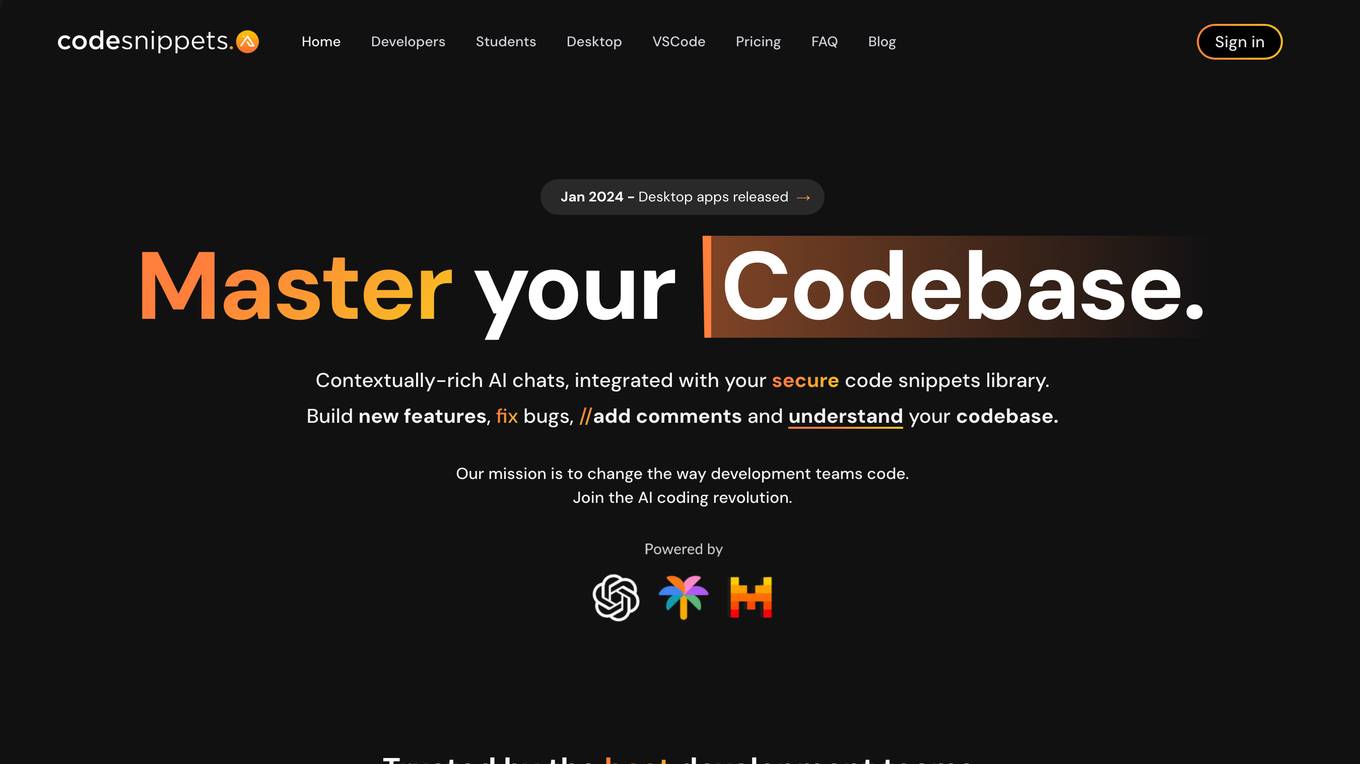
Code Snippets AI
Code Snippets AI is an AI-powered code snippets library for teams. It helps developers master their codebase with contextually-rich AI chats, integrated with a secure code snippets library. Developers can build new features, fix bugs, add comments, and understand their codebase with the help of Code Snippets AI. The tool is trusted by the best development teams and helps developers code smarter than ever. With Code Snippets AI, developers can leverage the power of a codebase aware assistant, helping them write clean, performance optimized code. They can also create documentation, refactor, debug and generate code with full codebase context. This helps developers spend more time creating code and less time debugging errors.
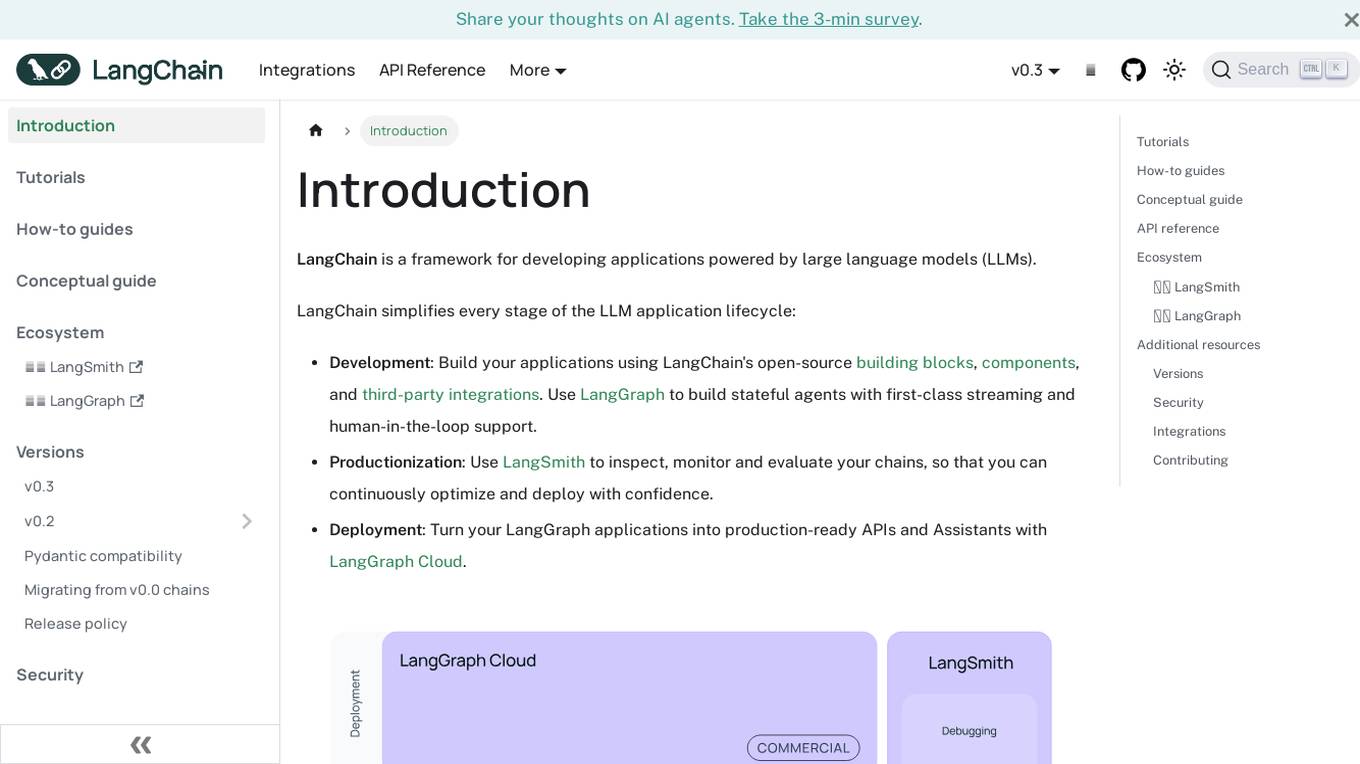
LangChain
LangChain is a framework for developing applications powered by large language models (LLMs). It simplifies every stage of the LLM application lifecycle, including development, productionization, and deployment. LangChain consists of open-source libraries such as langchain-core, langchain-community, and partner packages. It also includes LangGraph for building stateful agents and LangSmith for debugging and monitoring LLM applications.
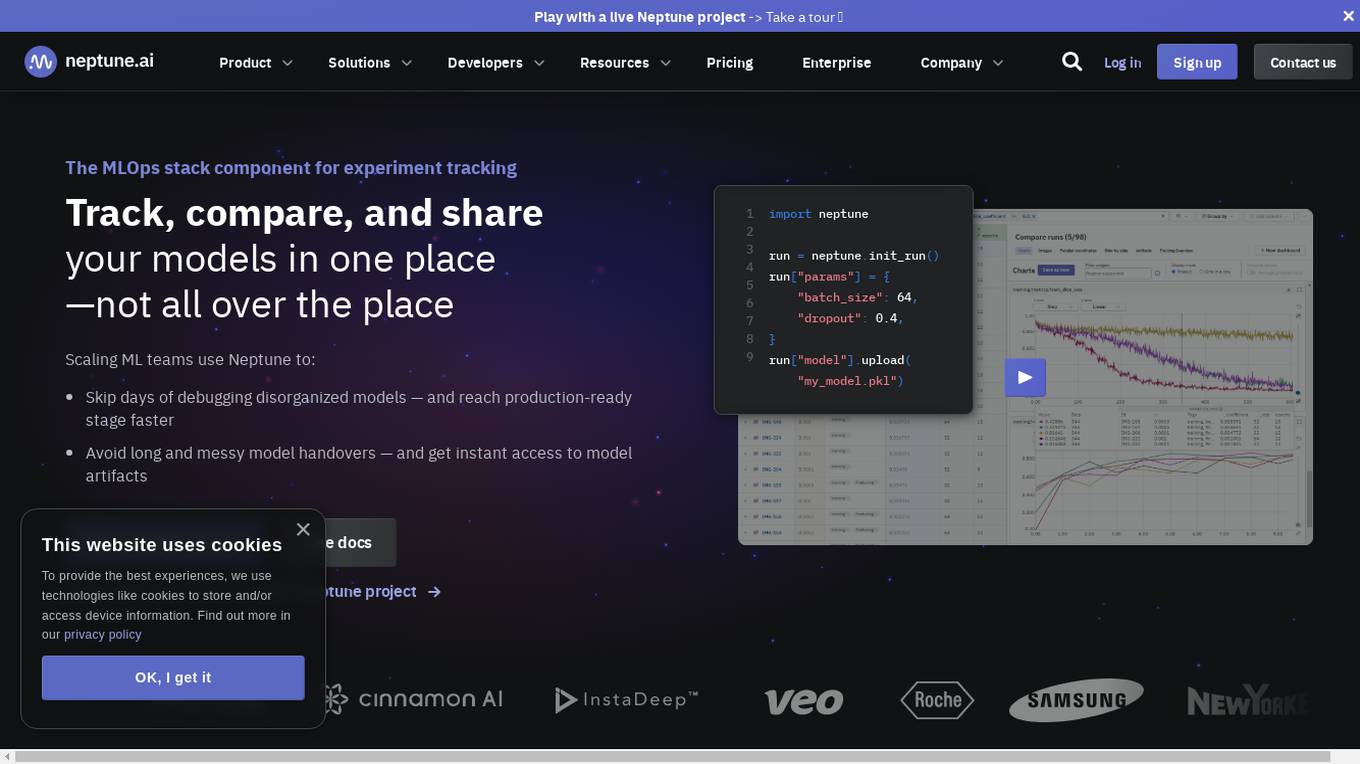
Neptune
Neptune is an MLOps stack component for experiment tracking. It allows users to track, compare, and share their models in one place. Neptune is used by scaling ML teams to skip days of debugging disorganized models, avoid long and messy model handovers, and start logging for free.
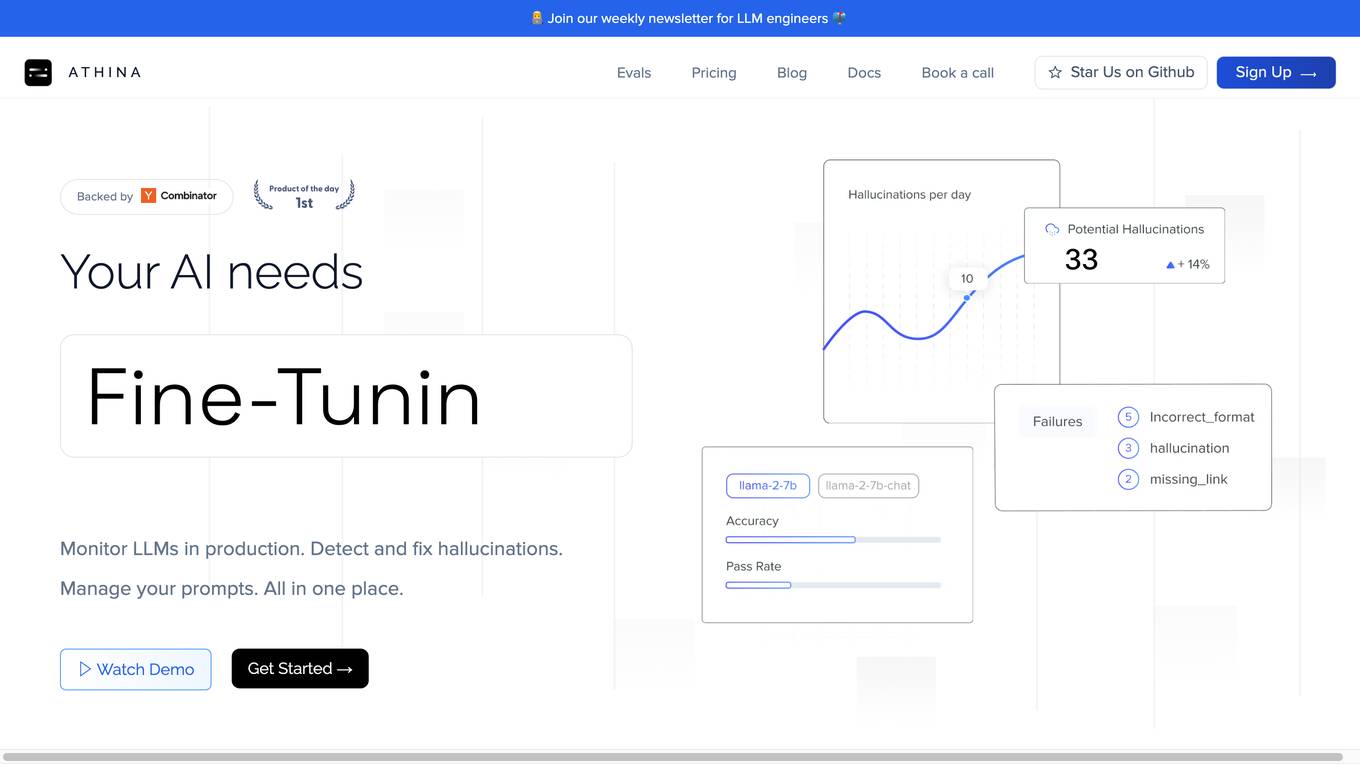
Athina AI
Athina AI is a comprehensive platform designed to monitor, debug, analyze, and improve the performance of Large Language Models (LLMs) in production environments. It provides a suite of tools and features that enable users to detect and fix hallucinations, evaluate output quality, analyze usage patterns, and optimize prompt management. Athina AI supports integration with various LLMs and offers a range of evaluation metrics, including context relevancy, harmfulness, summarization accuracy, and custom evaluations. It also provides a self-hosted solution for complete privacy and control, a GraphQL API for programmatic access to logs and evaluations, and support for multiple users and teams. Athina AI's mission is to empower organizations to harness the full potential of LLMs by ensuring their reliability, accuracy, and alignment with business objectives.
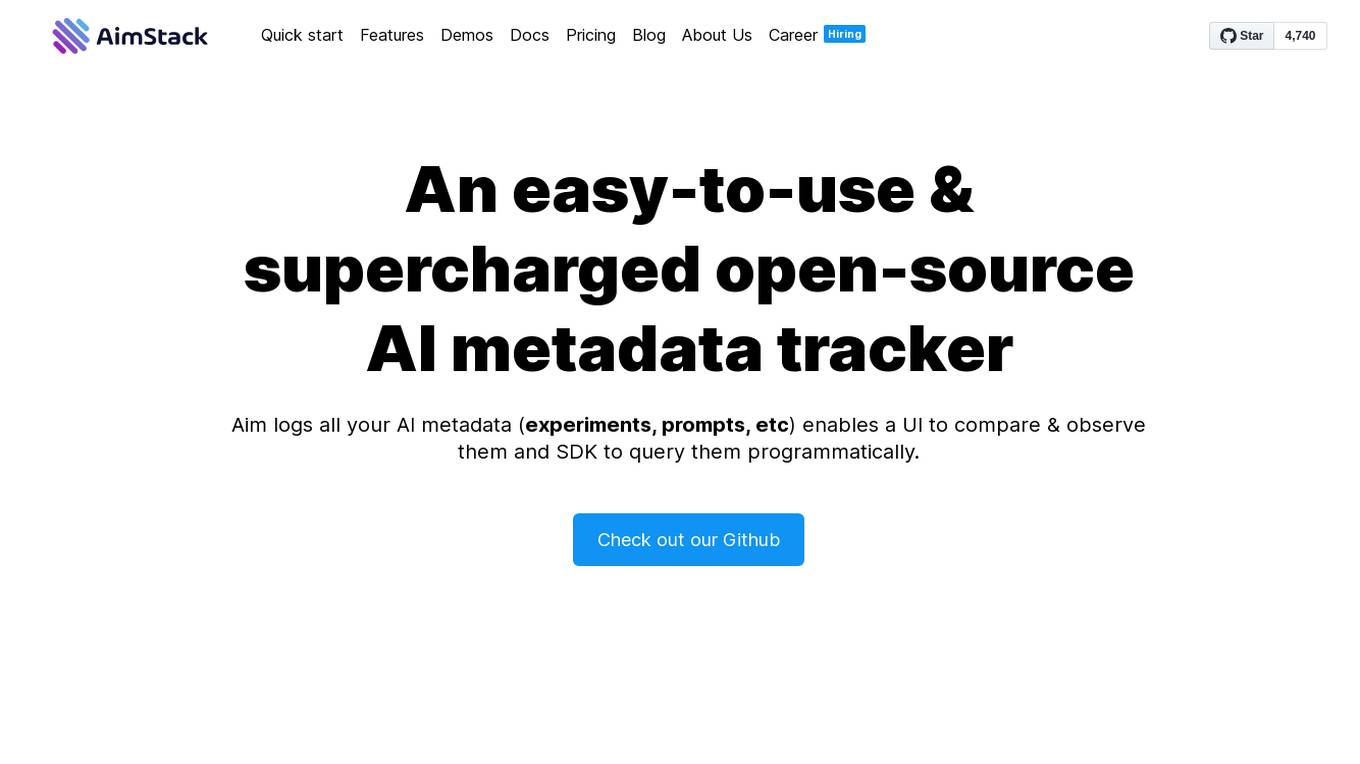
Aim
Aim is an open-source, self-hosted AI Metadata tracking tool designed to handle 100,000s of tracked metadata sequences. Two most famous AI metadata applications are: experiment tracking and prompt engineering. Aim provides a performant and beautiful UI for exploring and comparing training runs, prompt sessions.
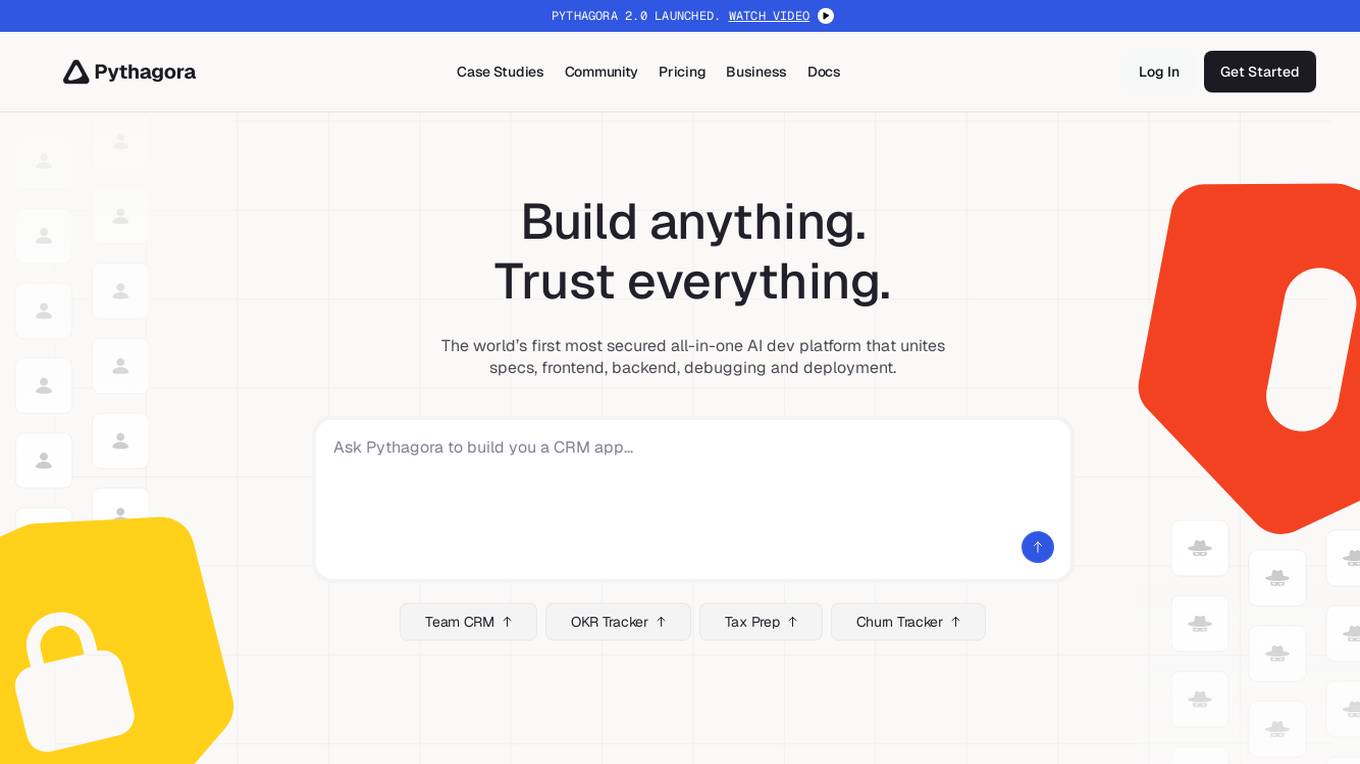
Pythagora
Pythagora is the world's first all-in-one AI development platform that offers a secure and comprehensive solution for building web applications. It combines frontend, backend, debugging, and deployment features in a single platform, enabling users to create apps without heavy coding requirements. Pythagora is powered by specialized AI agents and top-tier language models from OpenAI and Anthropic, providing users with tools for planning, writing, testing, and deploying full-stack web apps. The platform is designed to streamline the development process, offering enterprise-grade security, role-based authentication, and transparent control over projects.
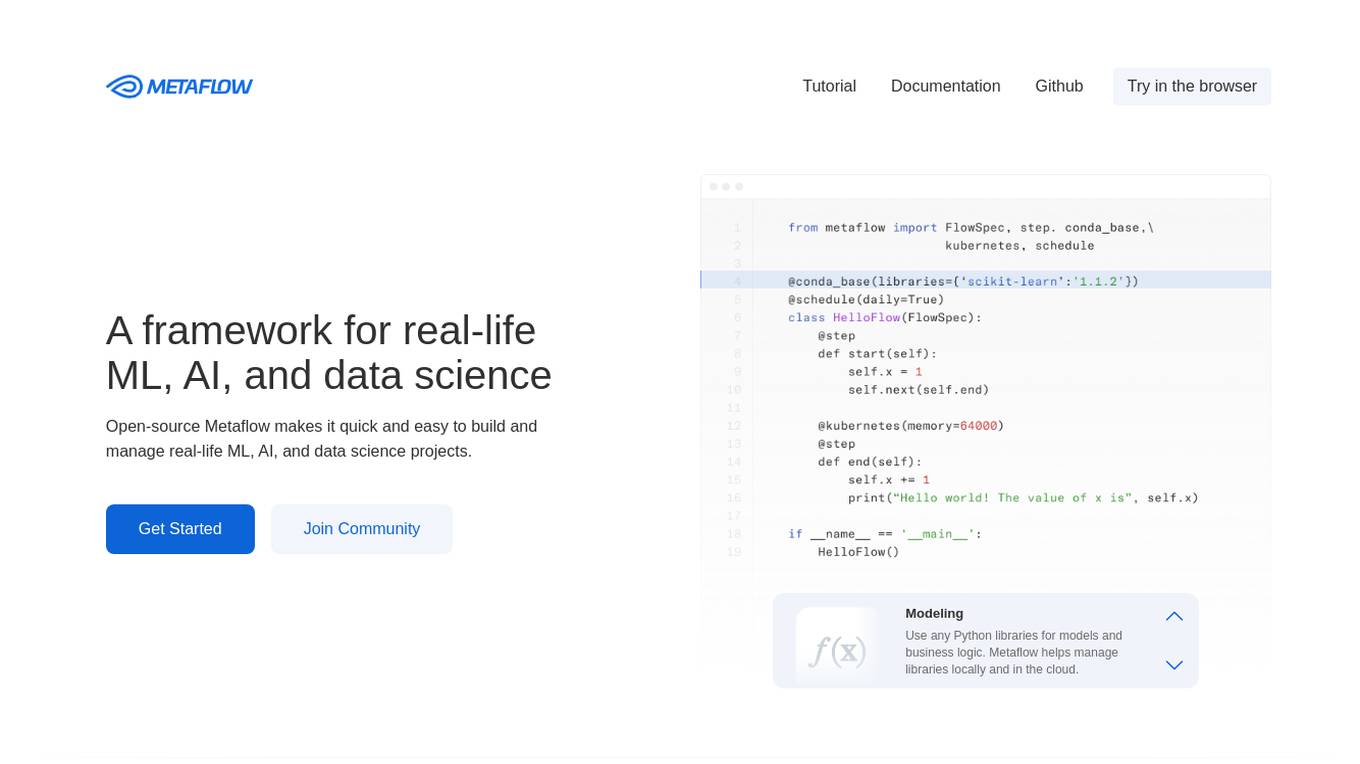
Metaflow
Metaflow is an open-source framework for building and managing real-life ML, AI, and data science projects. It makes it easy to use any Python libraries for models and business logic, deploy workflows to production with a single command, track and store variables inside the flow automatically for easy experiment tracking and debugging, and create robust workflows in plain Python. Metaflow is used by hundreds of companies, including Netflix, 23andMe, and Realtor.com.
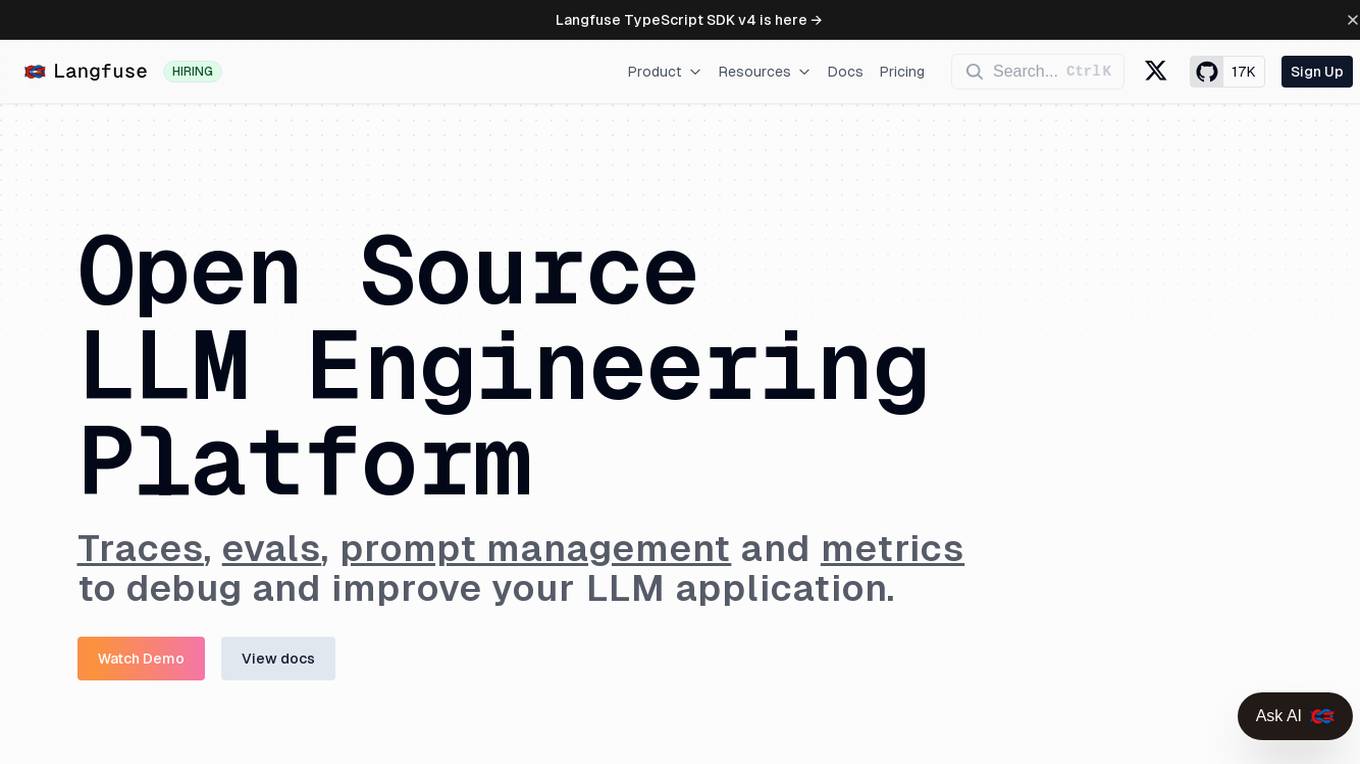
Langfuse
Langfuse is an AI tool that offers the Langfuse TypeScript SDK v4 for building and debugging LLM (Large Language Models) applications. It provides features such as tracing, prompt management, evaluation, and metrics to enhance the performance of LLM applications. Langfuse is backed by a team of experts and offers integrations with various platforms and SDKs. The tool aims to simplify the development process of complex LLM applications and improve overall efficiency.
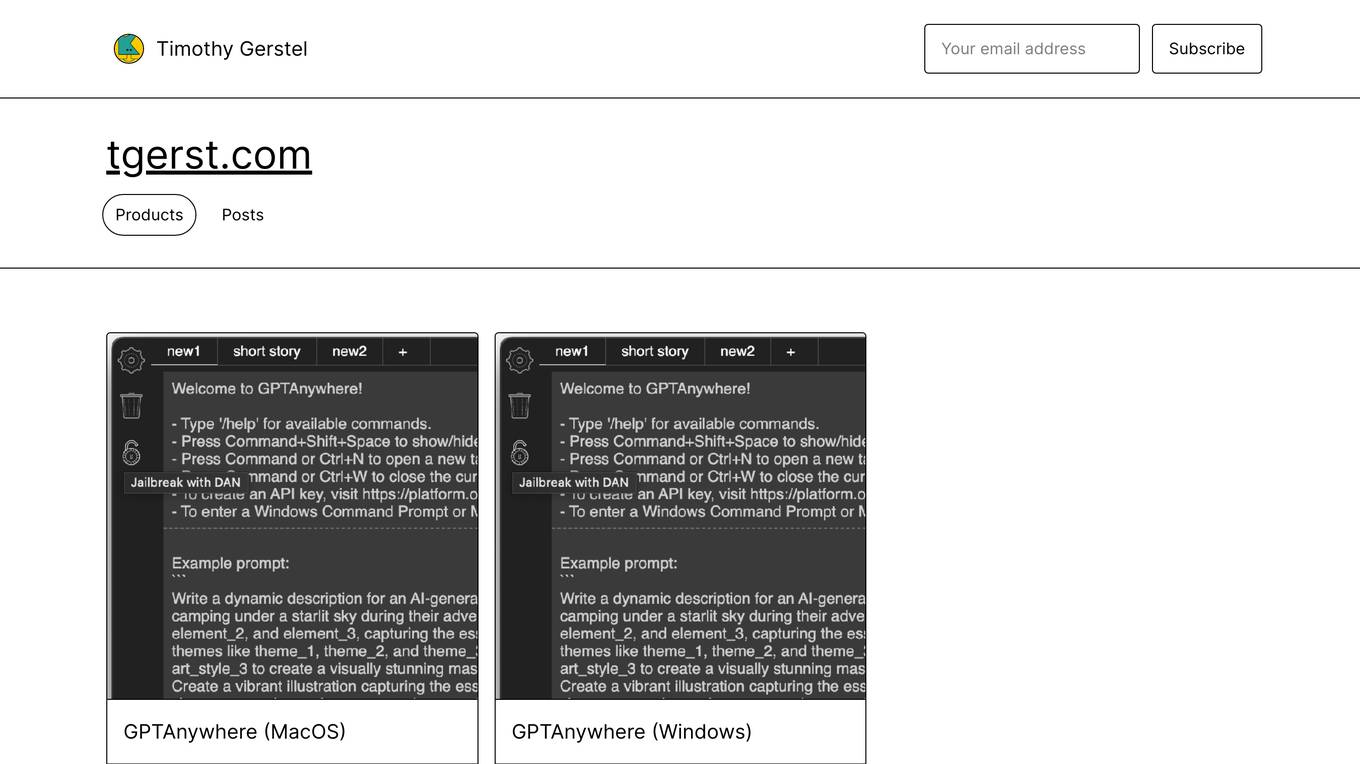
GPTAnywhere
GPTAnywhere is a powerful AI-powered tool that allows you to access the latest GPT models and use them to generate text, translate languages, write different kinds of creative content, debug code, and more. It is available as a desktop application for both macOS and Windows.
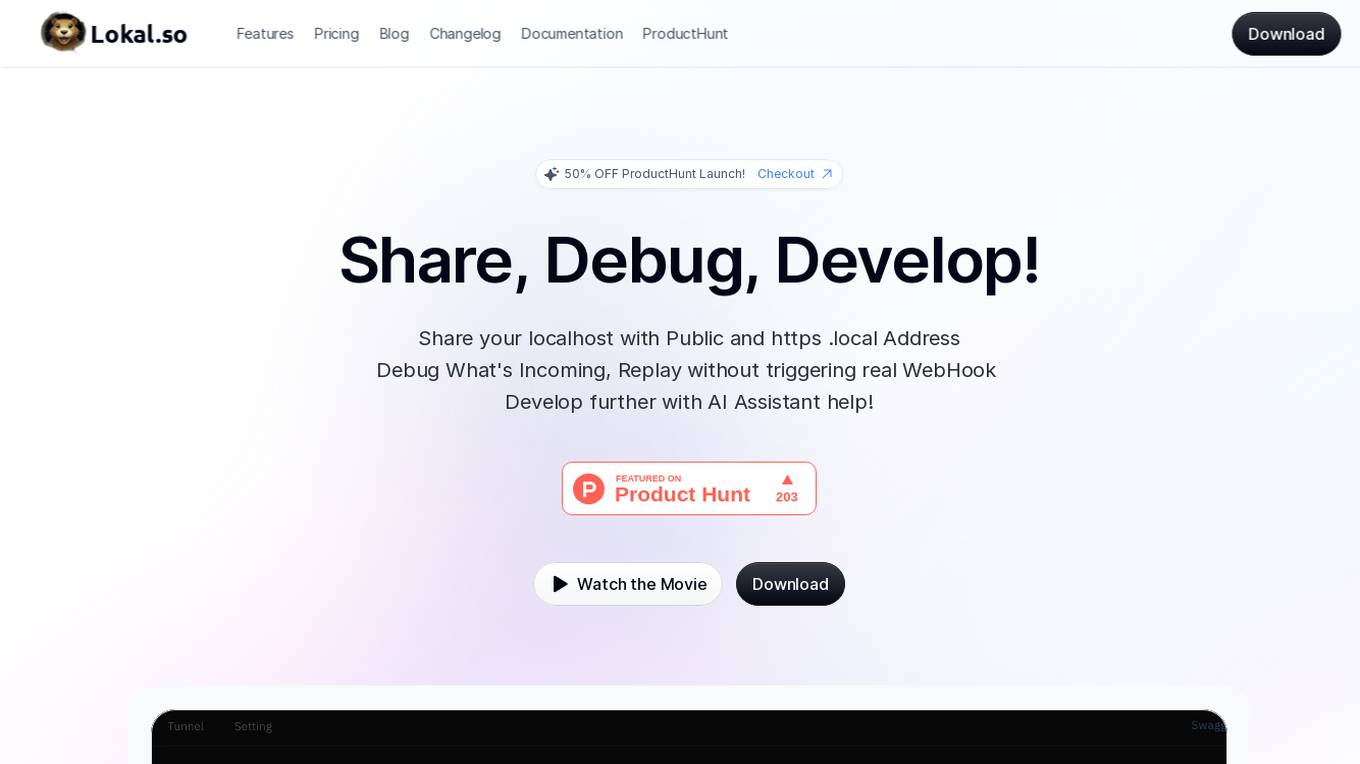
Lokal.so
Lokal.so is an AI-powered tool designed to supercharge your localhost development experience. It offers features like sharing your localhost with the public, debugging incoming requests, and developing with the assistance of an AI assistant. With Lokal.so, you can leverage Cloudflare's network for faster site delivery, use a built-in S3 server for easy file debugging, and automatically convert JSON payloads into different programming language models. The tool aims to simplify local development by providing a self-hosted tunnel server, unlimited .local domain access, and endpoint management with memorable names.
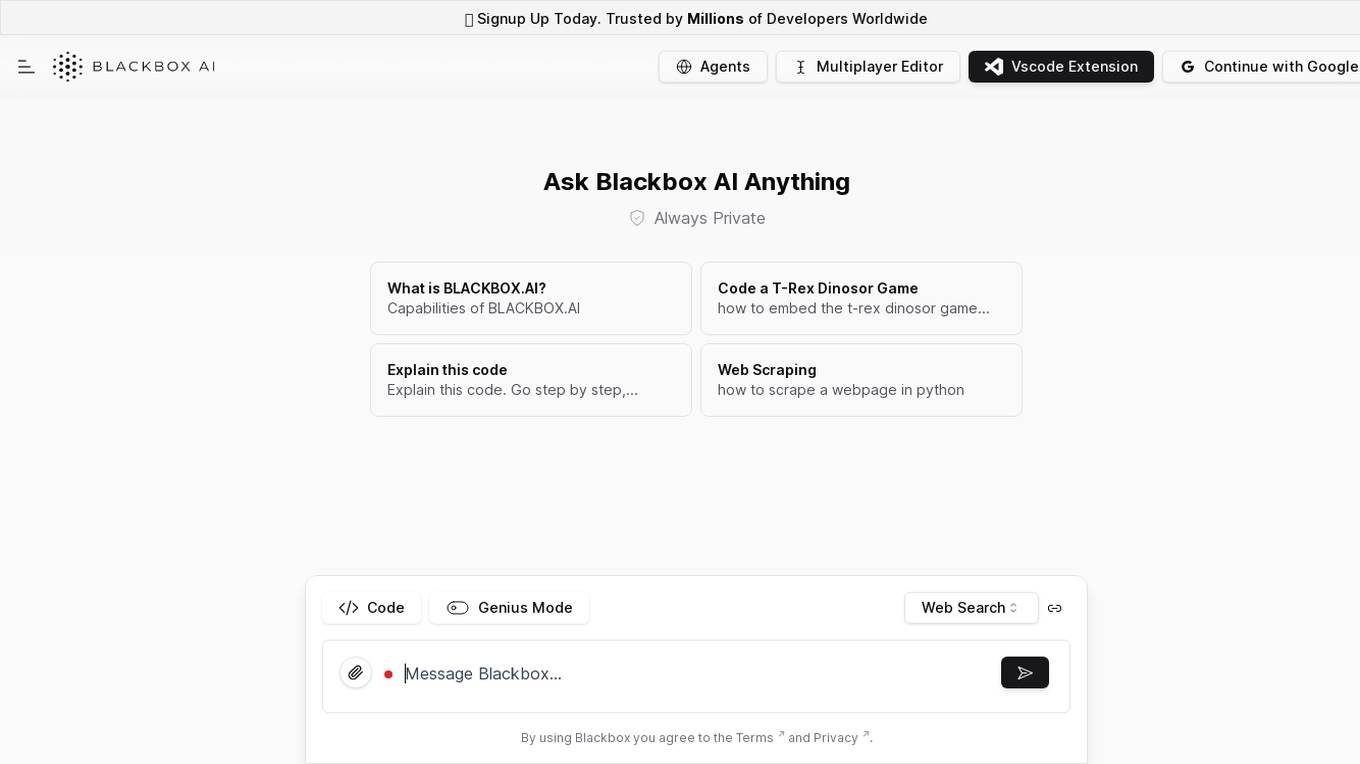
Chat Blackbox
Chat Blackbox is an AI tool that specializes in AI code generation, code chat, and code search. It provides a platform where users can interact with AI to generate code, discuss code-related topics, and search for specific code snippets. The tool leverages artificial intelligence algorithms to enhance the coding experience and streamline the development process. With Chat Blackbox, users can access a wide range of features to improve their coding skills and efficiency.
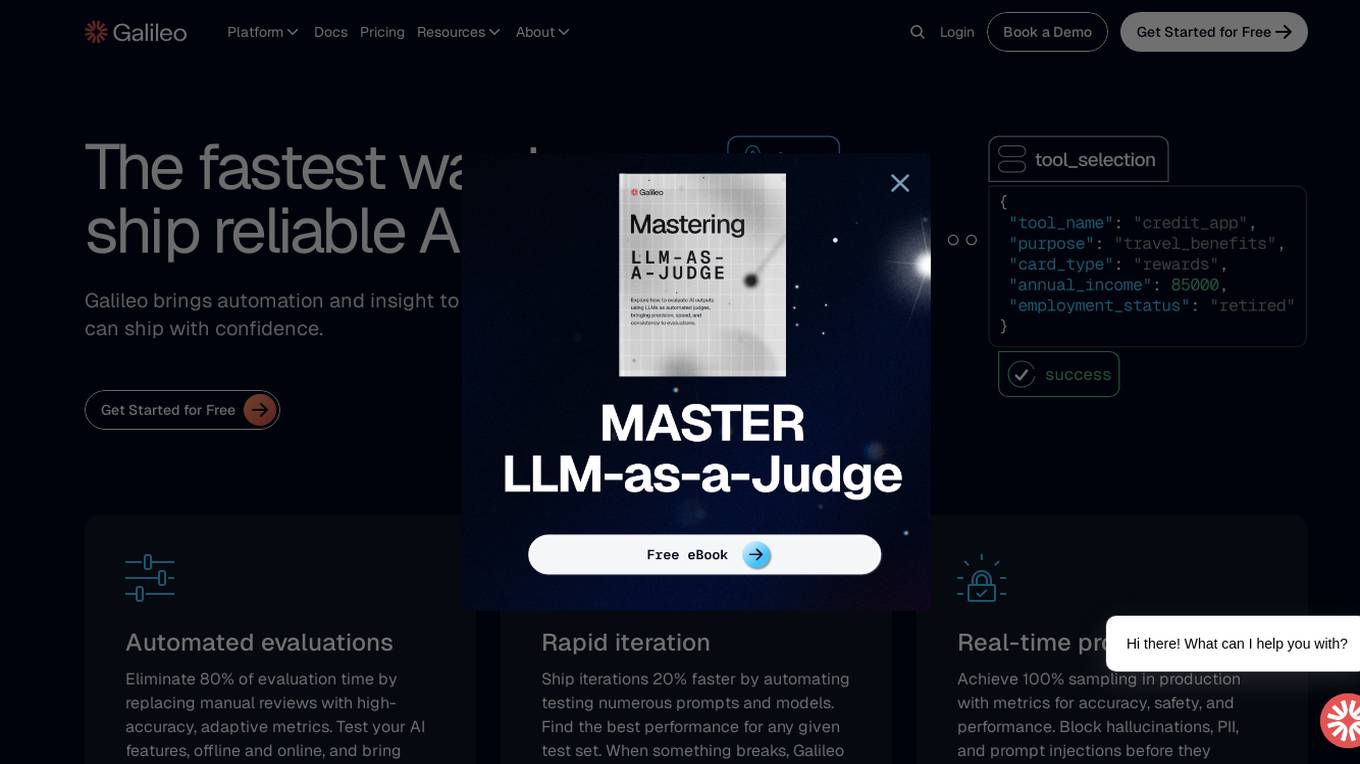
Galileo AI
Galileo AI is a platform that offers automated evaluations for AI applications, bringing automation and insight to AI evaluations to ensure reliable and confident shipping. It helps in eliminating 80% of evaluation time by replacing manual reviews with high-accuracy metrics, enabling rapid iteration, achieving real-time protection, and providing end-to-end visibility into agent completions. Galileo also allows developers to take control of AI complexity, de-risk AI in production, and deploy AI applications flexibly across different environments. The platform is trusted by enterprises and loved by developers for its accuracy, low-latency, and ability to run on L4 GPUs.

Opulli
Opulli is an AI Fashion Model Platform for Clothing Brands that provides a smart and cost-effective solution for fashion retailers to avoid expensive photoshoots. The platform allows users to effortlessly bring product photos to life with captivating AI generated models, offering personalized connection at scale and accelerating market resonance with swift A/B testing. Opulli empowers brands to craft model photos that resonate deeply with their audience, mirroring body shapes, skin tones, and styles, without the limitations of traditional photoshoots.

Whybug
Whybug is an AI tool designed to help developers debug their code by providing explanations for errors. By utilizing a large language model trained on data from StackExchange and other sources, Whybug can predict the causes of errors and suggest fixes. Users can simply paste an error message and receive detailed explanations on how to resolve the issue. The tool aims to streamline the debugging process and improve code quality.
2 - Open Source AI Tools
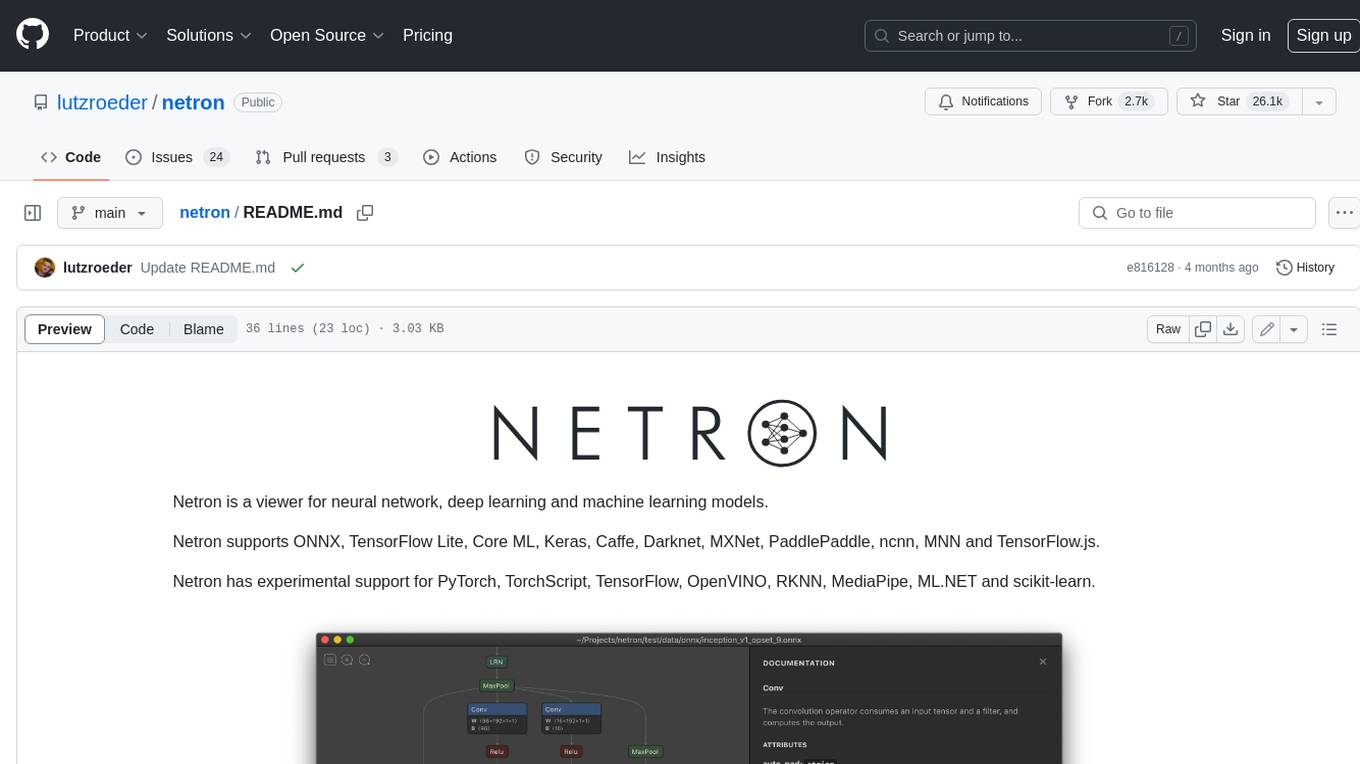
netron
Netron is a viewer for neural network, deep learning and machine learning models. It supports a wide range of model formats, including ONNX, TensorFlow Lite, Core ML, Keras, Caffe, Darknet, MXNet, PaddlePaddle, ncnn, MNN and TensorFlow.js. Netron also has experimental support for PyTorch, TorchScript, TensorFlow, OpenVINO, RKNN, MediaPipe, ML.NET and scikit-learn.
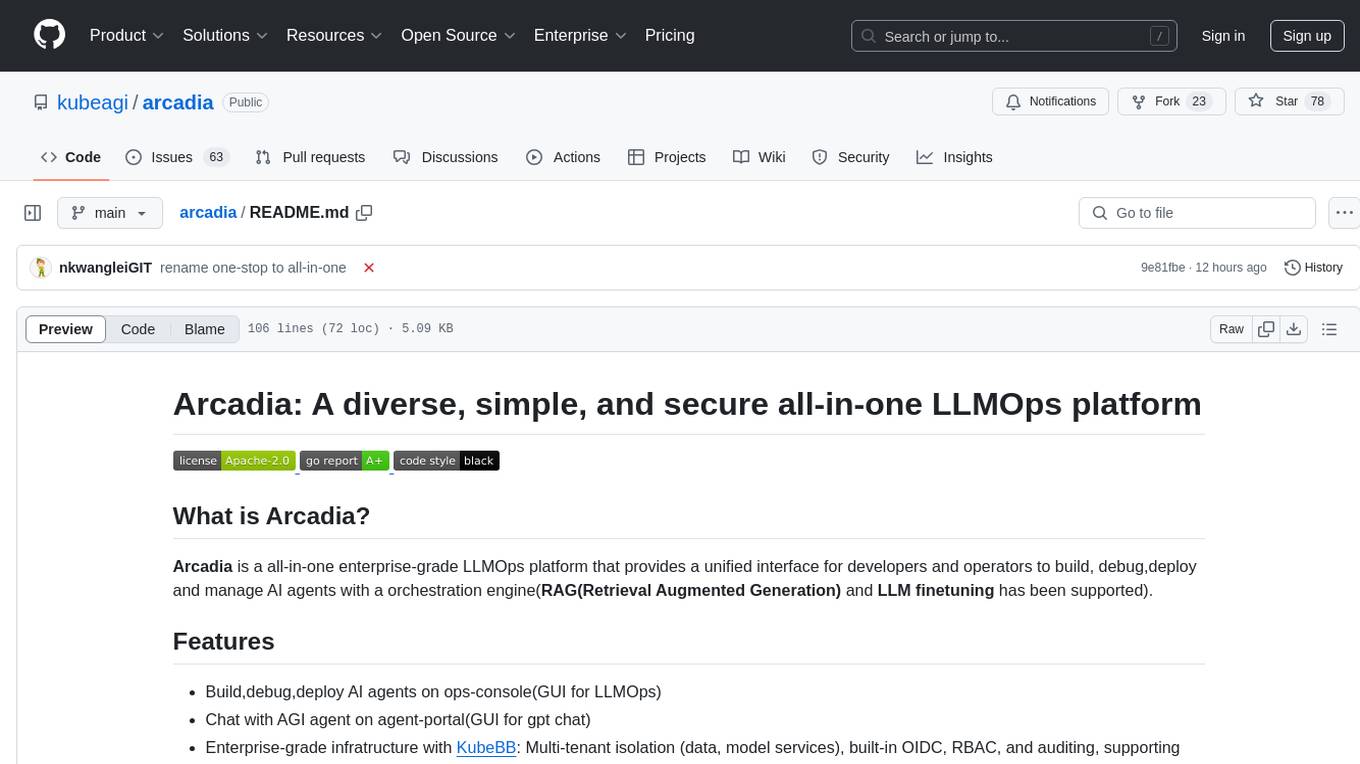
arcadia
Arcadia is an all-in-one enterprise-grade LLMOps platform that provides a unified interface for developers and operators to build, debug, deploy, and manage AI agents. It supports various LLMs, embedding models, reranking models, and more. Built on langchaingo (golang) for better performance and maintainability. The platform follows the operator pattern that extends Kubernetes APIs, ensuring secure and efficient operations.
20 - OpenAI Gpts
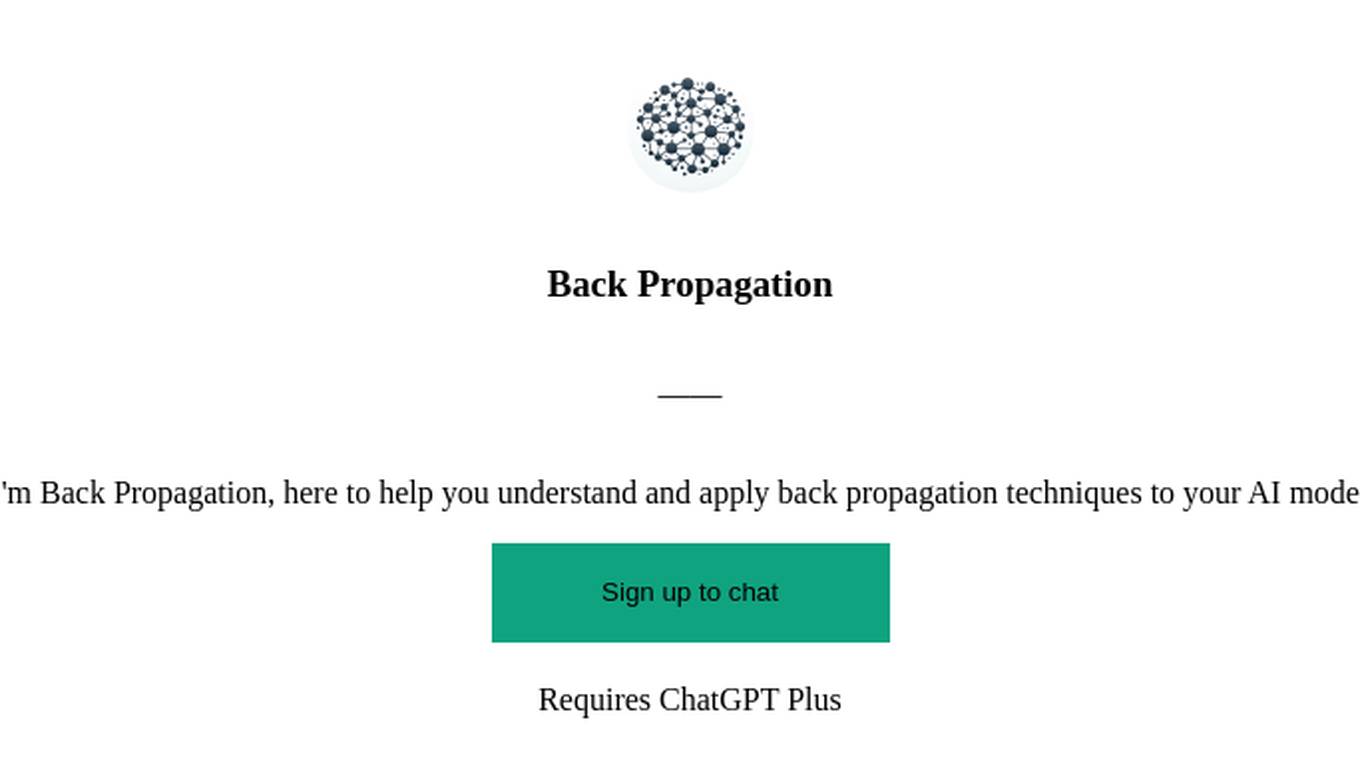
Back Propagation
I'm Back Propagation, here to help you understand and apply back propagation techniques to your AI models.

Instructor GCP ML
Formador para la certificación de ML Engineer en GCP, con respuestas y explicaciones detalladas.
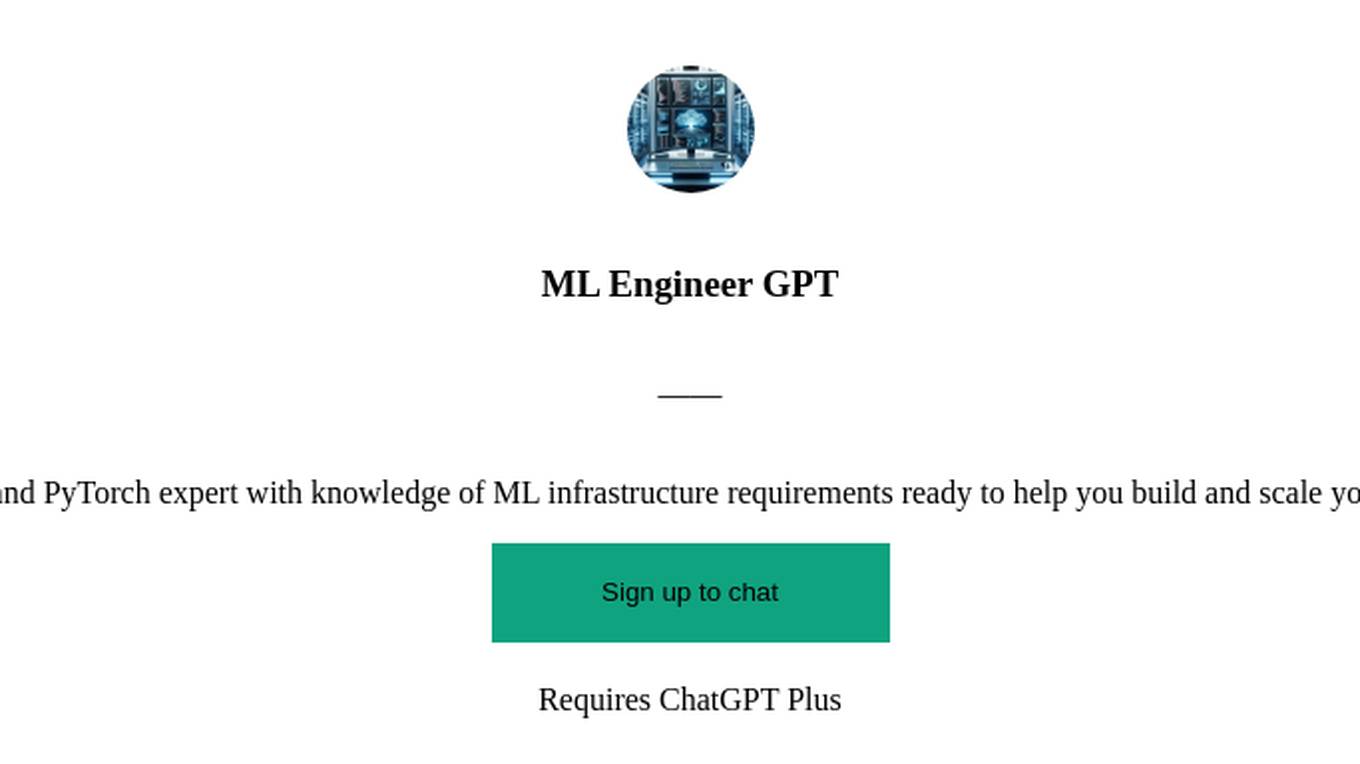
ML Engineer GPT
I'm a Python and PyTorch expert with knowledge of ML infrastructure requirements ready to help you build and scale your ML projects.
![[latest] FastAPI GPT Screenshot](/screenshots_gpts/g-BhYCAfVXk.jpg)
[latest] FastAPI GPT
Up-to-date FastAPI coding assistant with knowledge of the latest version. Part of the [latest] GPTs family.
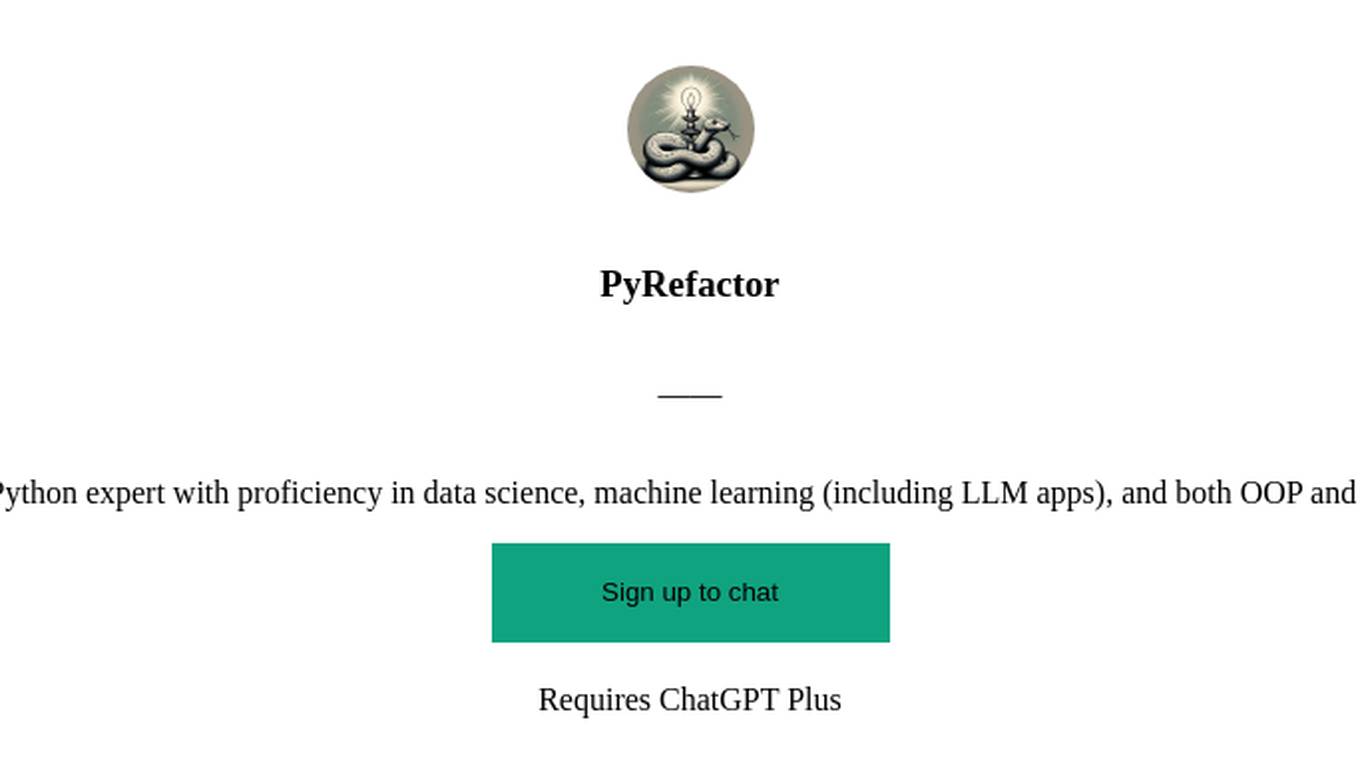
PyRefactor
Refactor python code. Python expert with proficiency in data science, machine learning (including LLM apps), and both OOP and functional programming.
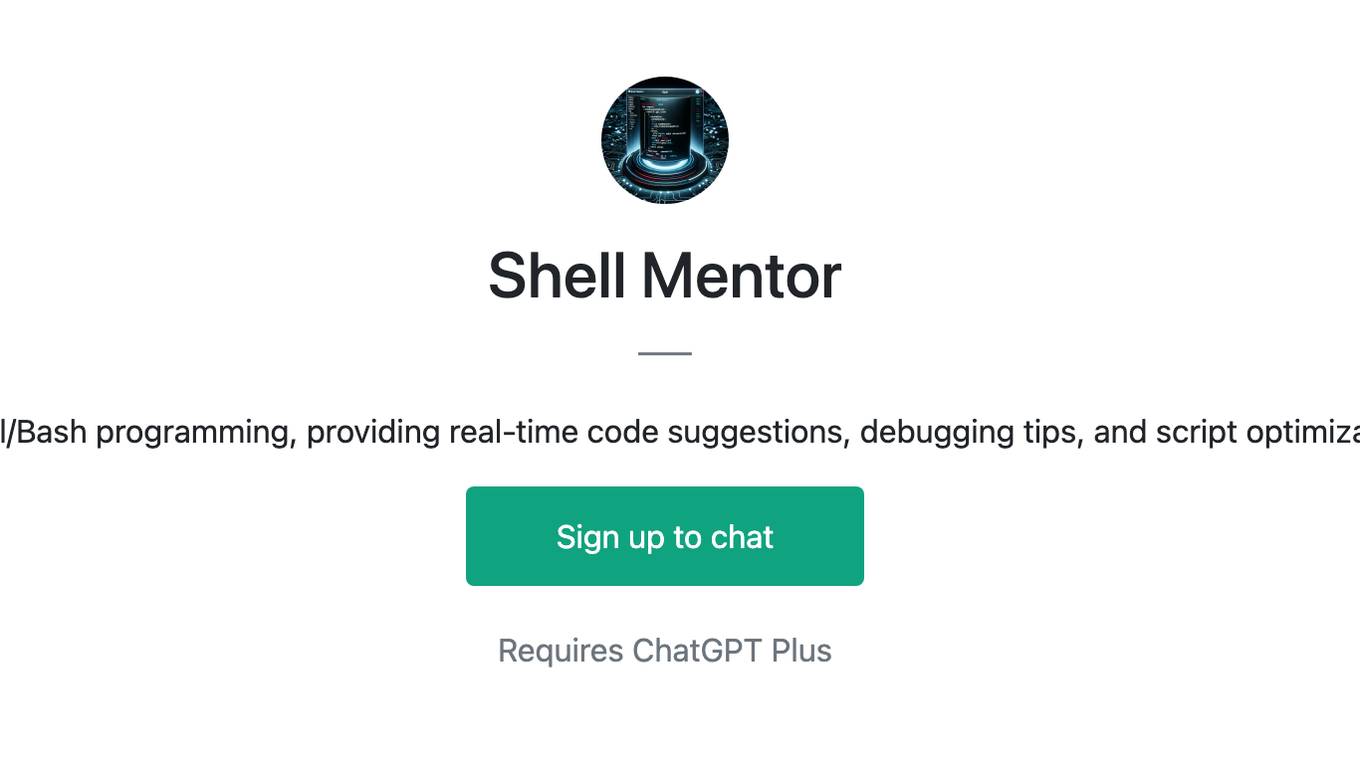
Shell Mentor
An AI GPT model designed to assist with Shell/Bash programming, providing real-time code suggestions, debugging tips, and script optimization for efficient command-line operations.
